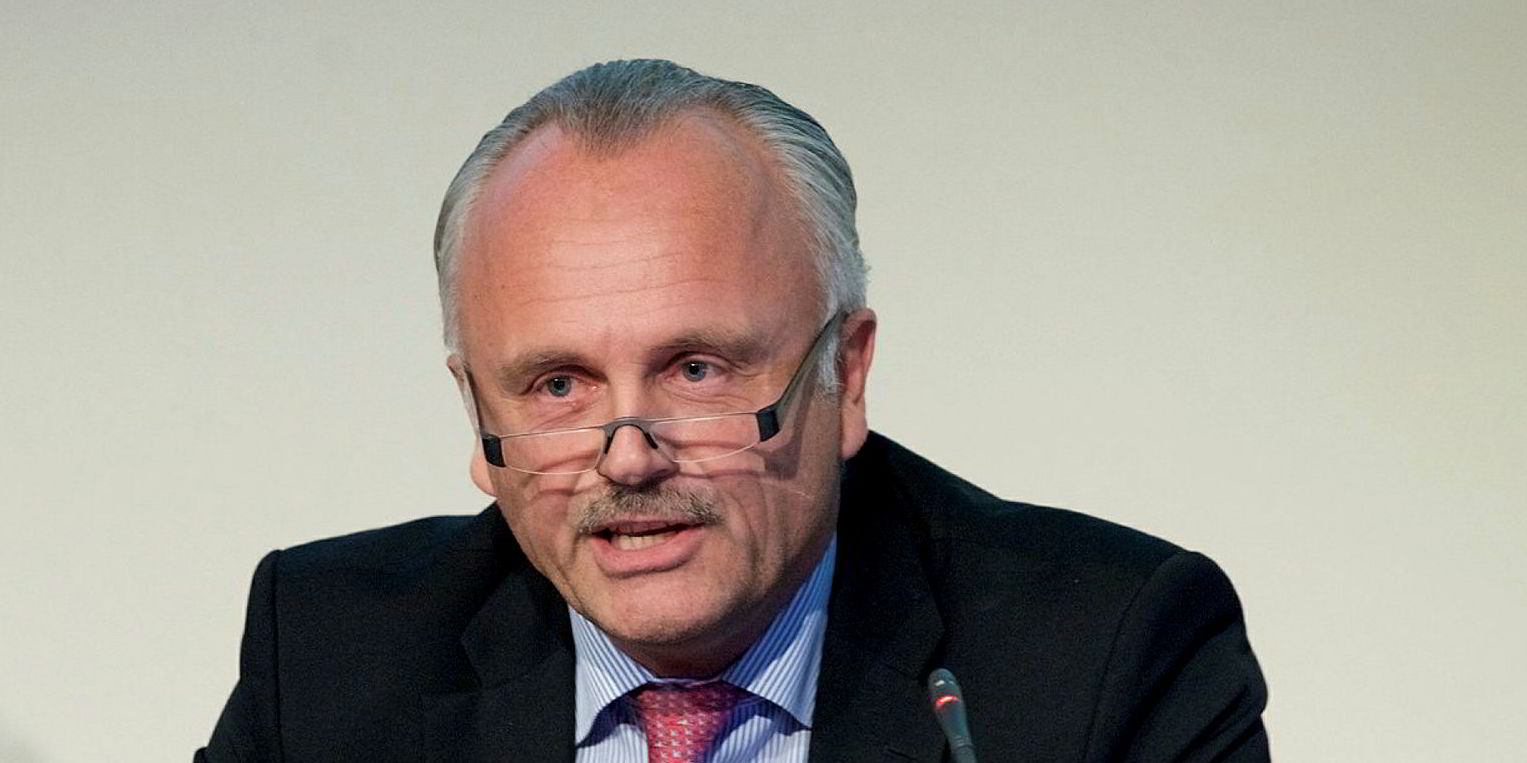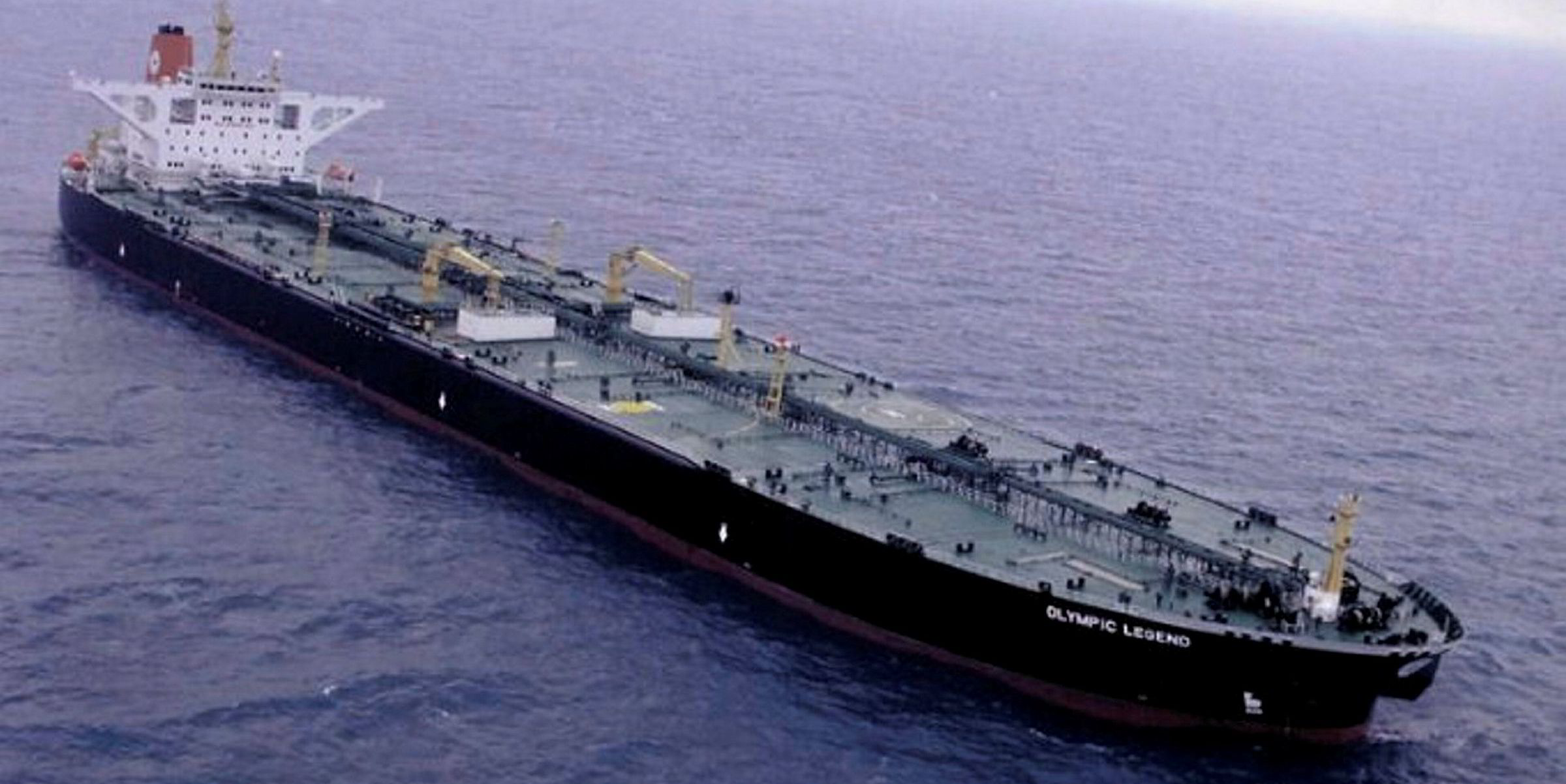Product tanker owners have been in talks with energy majors over floating storage deals, but few fixtures are likely to materialise due to lucrative freight earnings in spot trading, according to market players.
In mid-March, BP provisionally fixed Concordia Maritime’s 65,200-dwt Stena Polaris (built 2010) to store jet fuel for 40 days to 60 days at $25,500 per day, Reuters reported.
TradeWinds e-paper gives you access to the weekly print edition in digital form. You'll also find an archive of previous editions, and copies of TW+, from the leading international shipping news provider.
You can access our e-paper by clicking this link
Shell was also reportedly booking Torm’s 72,700-dwt Torm Sara (built 2003) for 90 days to 120 days for a similar purpose at an unknown rate.
However, TradeWinds understands the fixtures were not finalised.
“We were on subs for that ‘sort of job’ but failed. Now others, quite a few actually, [are] trying to do the same,” Concordia Maritime chief executive Kim Ullman said, although he declined to comment on specific deals.
“Low [oil] prices generate speculative storing … and ships [are] happy to do the job.”
Torm spokesman Joakim Norholm Vasehus also declined to discuss specific fixtures.
“What I can confirm is that we have started receiving requests from clients on floating storage for various products,” he said.
Shell and BP did not respond to emails seeking comment.
According to analysts, the price war between oil producers will flood the consuming nations with crude in the coming months, and much of the incremental supply could enter floating storage due to limited consumption.
Collapse in consumption
With travel restrictions and lockdown measures across the globe due to coronavirus, Rystad Energy expects global oil demand to shrink by 2.8m barrels per day (bpd) to 97.1m bpd.
Jet fuel consumption is forecast to fall 800,000 bpd and petrol use to slump by 1.1m bpd, according to the Norwegian consultancy.
When their onshore tanks are full, oil companies are widely expected to store large quantities of cheap crude at sea. Some estimates put such requirements at between 50 and 100 VLCCs.

However, the incentives for storing oil products maybe weaker.
Refined commodities tend not to be stored for long periods due to concerns about evaporation and other technical matters, so floating storage deals often last for one or two quarters at most.
This means floating storage players need to compete with spot charterers, who, according to Clarksons Platou Securities, were paying $57,900 per day for an LR2 and $39,300 per day for an LR1 on a global average time charter equivalent basis last Friday.
Sea storage
Anoop Singh, Braemar ACM East-of-Suez tanker research head, doubts whether refineries in Europe — now the epicentre of the pandemic — would see incentives in processing crude and storing products at sea.
“The hit to demand and [refining] margins in Europe means refiners are likely to cut back runs aggressively, with [product] stocks depleted to meet demand where possible,” Singh said.
“This suggests clean petroleum products in floating storage are likely to be a weaker phenomenon than we had earlier expected.”
But Singh did not rule out the possibility of increasing floating storage on the back of product exports to Europe from China, where refineries are expected to ramp up production as the virus recedes.
Kpler data showed Chinese product exports to all destinations amounted to a record level of 1.48m bpd in the first 17 days of March. Exports from Japan, Taiwan and South Korea increased by a combined 218,000 bpd month on month in February.
“While the last slug of CPP [clean petroleum products] export from China and South Korea was driven by the need to reduce tank levels there, we expect exports now to be driven by rising refinery runs in China as margins improve on rising demand and falling crude prices,” Singh said.







